On December 2, Tanya Chutkan, a judge at the District of Columbia (DC) District Court in charge of the criminal investigation into former US President Donald Trump's attempt to deny the results of the November 2020 general election, declared that Mr. Trump is not immune from criminal prosecution as a former President.
“It is true that the sitting president enjoys immunity, but the United States has only one president at any given time,” Ms. Chutkan said. “The fact that Mr. Trump once held the position of president does not mean that he has a permanent right to… avoid the criminal responsibility that every American must carry out.”
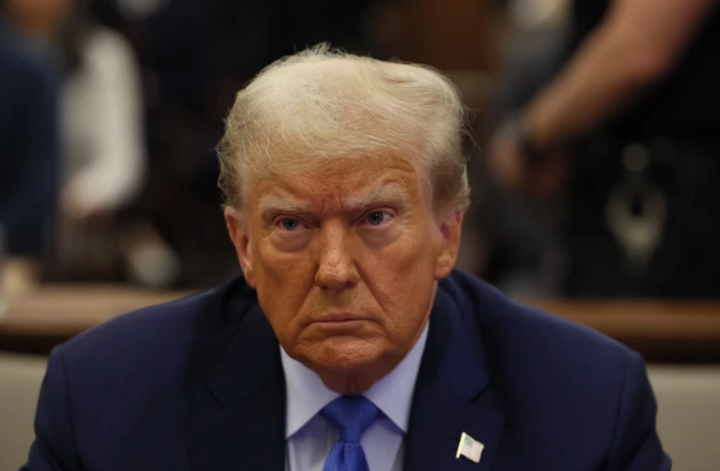
Former US President Donald Trump at court in Manhattan, New York on November 6, 2023.
This is the first time a former US president has faced criminal charges, and Ms. Chutkan also becomes the first federal judge to question the criminal immunity of former presidents.
In his statements so far, Mr. Trump has argued that he cannot be criminally prosecuted because he was acquitted in his impeachment trial in the U.S. Senate and because he has the same criminal immunity that the former president enjoys in civil lawsuits under the Constitution.
Before the Court of First Instance issued its ruling on December 2, the above argument of Mr. Trump's side was considered the main obstacle to holding a trial of Mr. Trump (scheduled for March 2024) on the charge of "reversing the election results".
Just hours earlier, the Washington DC Court of Appeals ruled that former President Trump can be sued by the Capitol Police for injuries they suffered during the January 6, 2021, riot at Capitol Hill.
The Washington DC Circuit Court of Appeals has concluded that Mr Trump can still be immune from trial in a civil lawsuit related to his “official duties” as president.
However, Chief Justice Sri Srinivasan said the Court's judges agreed that "Mr. Trump's efforts to win re-election in the November 2020 election were not within the scope of his official duties as president of the United States."
In considering civil lawsuits involving Mr. Trump, an important basis for the Washington, D.C., Circuit Court of Appeals must take into account is the 40-year-old conclusion of the U.S. Supreme Court that U.S. presidents cannot be sued even for actions “with very limited connection” to their official duties.
The appeals court prosecutors had to answer the question: Did Mr. Trump’s actions after the 2020 general election really have a “limited connection ” to the job of president?
The Court's ruling stated: "We conclude that it does not, at least at this stage of the investigation. When a sitting president stands for a second term, the President's re-election campaign is not within the scope of the official duties of a president."
Thus, former President Trump will not be exempt from both criminal and civil liability related to his actions to keep the presidential "seat" after the 2020 US general election.
The ruling by the Washington, DC Circuit Courts of Appeals and Circuit Courts has paved the way for a legal battle over presidential power that could go all the way to the US Supreme Court.
Most likely, the two above-mentioned rulings will be appealed immediately by Mr. Trump's team of legal experts.
Former President Trump spokesman Steven Cheung said the rulings “set dangerous precedents that could cripple future US administrations,” and asserted that “Mr. Trump will continue to fight for America and the American people, including by challenging these wrongful rulings in higher courts.”
(Source: vietnamplus)
Source



![[Photo] Prime Minister Pham Minh Chinh inspects and directs the work of overcoming the consequences of floods after the storm in Thai Nguyen](https://vphoto.vietnam.vn/thumb/1200x675/vietnam/resource/IMAGE/2025/10/08/1759930075451_dsc-9441-jpg.webp)


![[Photo] Prime Minister Pham Minh Chinh attends the World Congress of the International Federation of Freight Forwarders and Transport Associations - FIATA](https://vphoto.vietnam.vn/thumb/1200x675/vietnam/resource/IMAGE/2025/10/08/1759936077106_dsc-0434-jpg.webp)



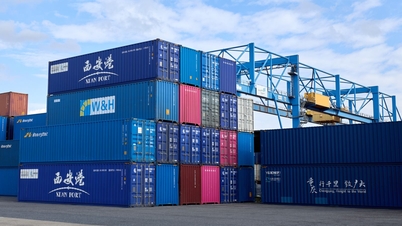
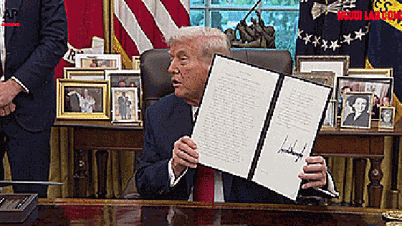

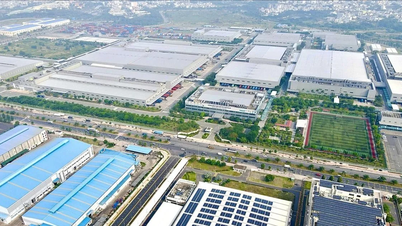

























![[Photo] Closing of the 13th Conference of the 13th Party Central Committee](https://vphoto.vietnam.vn/thumb/1200x675/vietnam/resource/IMAGE/2025/10/08/1759893763535_ndo_br_a3-bnd-2504-jpg.webp)





























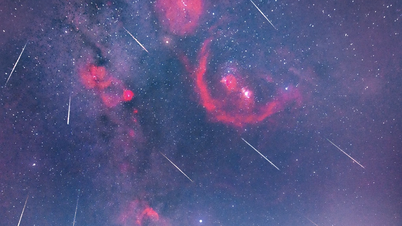














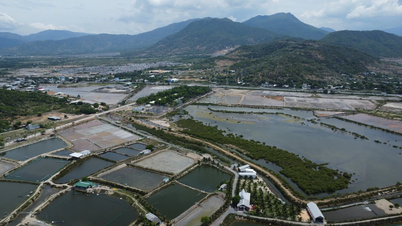


















Comment (0)